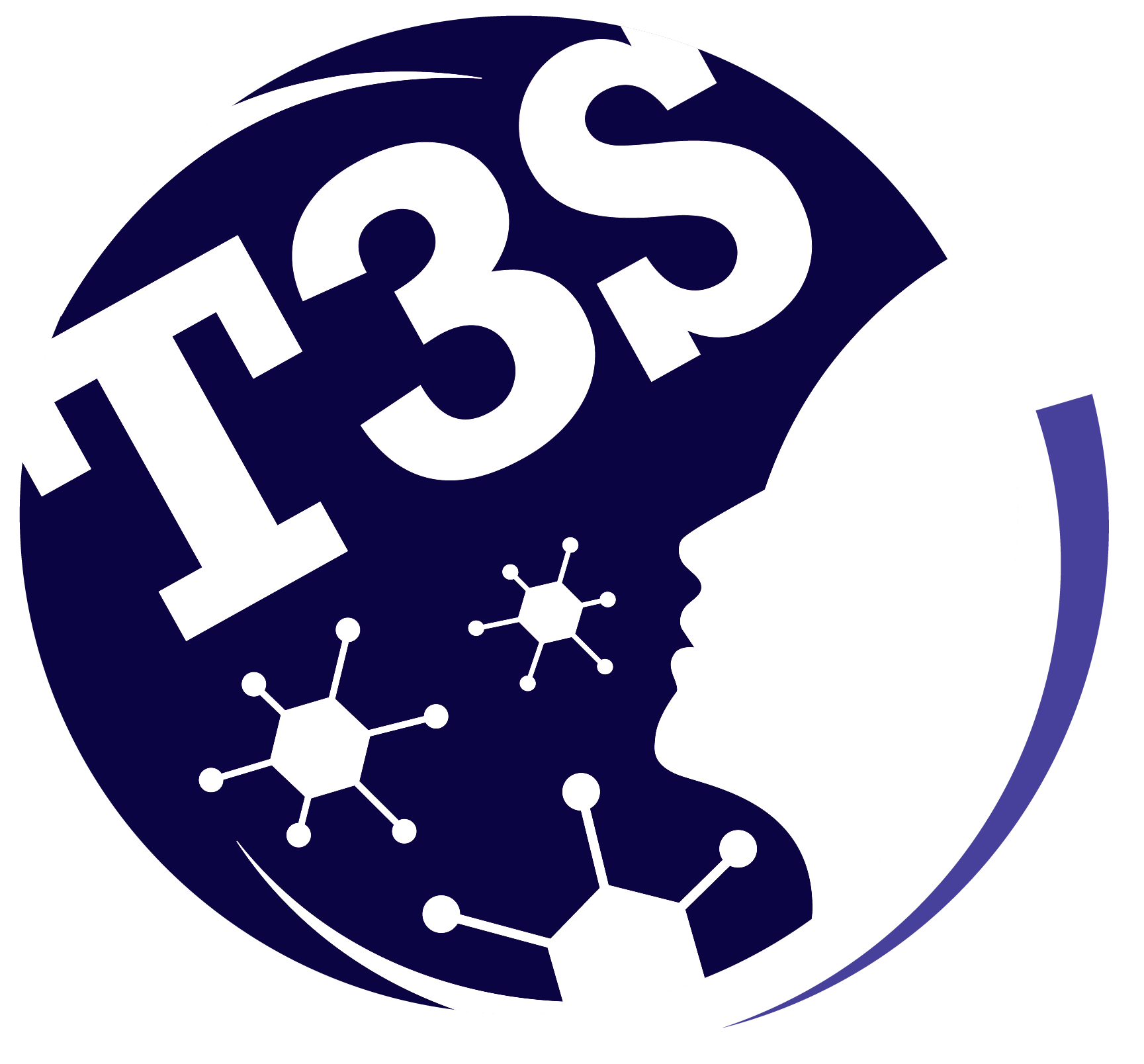This 2-day symposium is a tribute to the life, career and research of Maxime DAHAN, director of the physical-chemistry unit (UMR 168) of the Curie Institute between 2013 and 2018, and group leader of the “Light based observation and control of cellular organization” research group. After a brilliant academic career at L’Ecole Polytechnique and L’Ecole normale supérieure (ENS), Maxime spent 12 years in the ENS Kastler Brossel laboratory. As an attestation to his high level of scientific excellence, the CNRS awarded him a bronze medal in 2006. He then continued his research at the Janelia Farm Research Center outside Washington D.C. for two years before joining Institut Curie.
Upon joining Institut Curie as director of the Physico-Chemistry unit in January 2013, Maxime immediately became very active in the both the broader organization of the Institut Curie and the daily research and life of the Institute. Notably, Maxime laid the groundwork for an interaction between physics and clinical practice that provided a new perspective on cancer as well as innovative treatments. Beyond being a main scientific player on the national and international level in the domain of biophysics and single molecule imaging, Maxime always pushed mentorship, collaboration and innovation as demonstrated by his dedication to teaching, his involvement in several innovative start-up companies and his leading roles in the Labex Celtisphybio, the European FETopen Magneuron project and the Q-Life Institute.
This symposium in his memory gathers several world-renowned scientists in the field of Biophysics with whom Maxime collaborated over his scientific career to talk both about their research in addition to personal stories and memories of Maxime.
Centre de Recherche – Paris – Amphithéâtre Constant-Burg – 12 rue Lhomond, Paris 5e
Invited speakers
Patricia Brassereau (Institut Curie); Ibrahim Cisse (Massachusetts Institut of thechnology); Mathieu Coppey (Institut Curie); Xavier Darzacq (UC Berkley); Luke Lavis (Janelia Research Campus); Jean-Baptiste Masson (Institut Pasteur); Leonid Mirny (Massachusetts Institute of Technology); Jacob Piehler (University of Osnabrück) ; Arnd Pralle (University of Buffalo); Rob Singer (Albert Einstein College of Medicine); Vincent Studer (IINS); Angela Taddei (Institut Curie); Antoine Triller (ENS); Shimon Weiss (UCLA); Carl WU (Johns Hopkins University).


